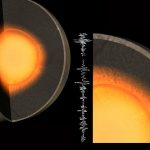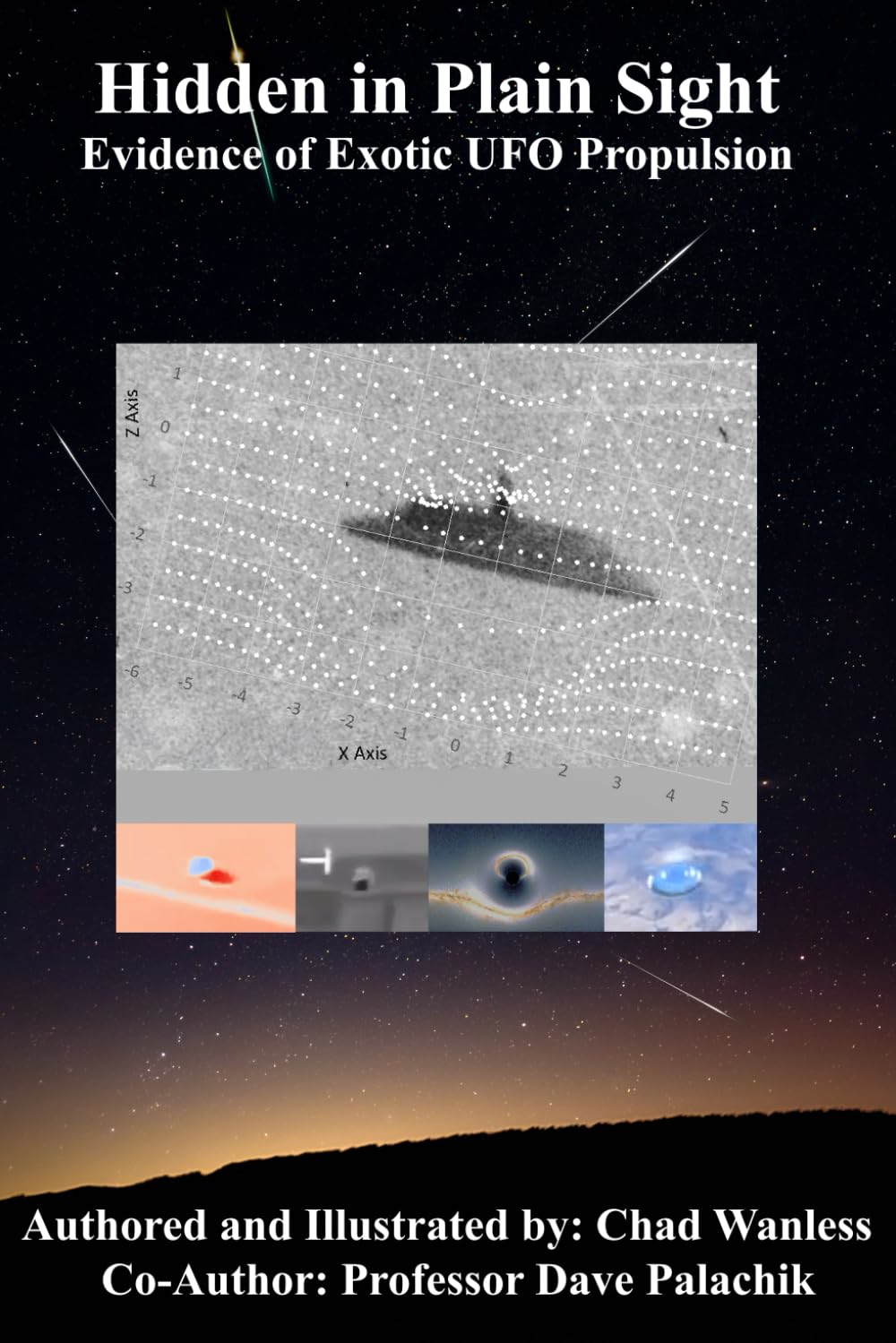Hubble just captured a lunar eclipse for the first time ever0
- From Around the Web, Space
- August 20, 2020
The act could even reveal how to look for life on alien planets.

The act could even reveal how to look for life on alien planets.

According to a new study published this week by researchers at the University of Illinois, a nearby star’s supernova may’ve caused one of out planets mass extinctions millions of years ago.

Astronomers have determined the cause of the dramatic dimming observed last year and earlier this year of one of the brightest stars in the night sky, a colossus called Betelgeuse that appears to be on its way toward a violent death.

Earth is an enormous magnet, its iron-rich core creating a shield of magnetic field that envelopes the planet —— well, almost. A “dent” in this magnetic field known as the South Atlantic Anomaly allows charged particles from the sun to dip closer to the planet in an area over South America and the Southern Atlantic Ocean.

Earth has had a near miss with a car-sized asteroid that wasn’t spotted by Nasa.

We humans are doing a bang-up job of messing up our home planet. But who’s to say we can’t go on to screw things up elsewhere? Here, not listed in any particular order, are 12 unintentional ways we could do some serious damage to our Solar System, too.

Decades of exploration have given us a detailed look at the surface of Mars. Still, the Red Planet’s interior structure has always remained in the realm of speculation and estimates. Now, data sent back by a NASA lander has given us the first real look at what the planet’s interior is like.

Face pareidolia is the phenomenon of seeing face-like structures in everyday objects. It is a very human condition that relates to how our brains are wired. According to new research published in the journal Psychological Science, we process ‘pareidolia faces’ using the same visual mechanisms of the brain that we do for real ones.

NASA’s Dawn spacecraft gave scientists extraordinary close-up views of the dwarf planet Ceres, which lies in the main asteroid belt between Mars and Jupiter. By the time the mission ended in October 2018, the orbiter had dipped to less than 22 miles (35 kilometers) above the surface, revealing crisp details of the mysterious bright regions Ceres had become known for.

It’s a one-year delay from a previous 2021 target



